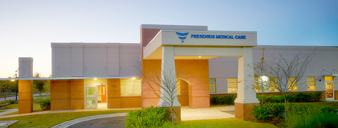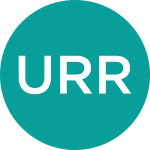Monitoring Your Labs
At least once every month, your dialysis team will draw your blood for a series of lab tests. Your doctor will compare the results to those of previous tests to monitor your dialysis treatment and determine if any adjustments are necessary.
Know Your Kidney Function Numbers
Even if you’re not a “numbers” person, it’s important to have a basic understanding of your hemodialysis labs and kidney function numbers. This way, you can know if you’re meeting your goals or if there is anything you need to do to help improve your results.
The top two indicators: Kt/V and URR
While there are several tests that monitor your kidney function and overall health, Kt/V and URR are key ways to monitor the effectiveness of your dialysis treatment:

Kt/V should be at least 1.2 or above—Kt/V stands for clearance multiplied by time divided by volume. This ratio allows your doctor to understand how well waste has been removed by your dialysis treatment.
When Kt/V and URR are low
If your Kt/V and URR numbers are below the recommended levels, your doctor will adjust your dialysis treatment to improve waste removal from your blood by:
- Checking to make sure you have good vascular access
- Increasing the blood flow rate through the dialyzer
- Increasing the duration of dialysis—for example, if your treatments have been 3 hours in length, they may be increased to 4 hours

Find a dialysis center near you
Use our Center Locator to find a convenient location or get directions.
Find a centerYour lab tests and what they track
While Kt/V and URR are important, they’re not the only tests you need to know about.Below is a basic chart of common blood tests for people receiving dialysis. Your tests may be similar. The chart shows what the tests measure, but you should ask your nurse or doctor to explain your tests in more detail. And be sure to ask them what your lab test goals are. If you’re not meeting your goals, ask what you can do to improve your results.
Know your labs
| Lab Tests: | Dialysis Treatment | Heart Health | Bone Health | Nutrition |
| What the test measures | ||||
| Kt/V | ||||
|---|---|---|---|---|
| URR | ||||
| Hemoglobin (hgb) | ||||
| Potassium (K) | ||||
| Albumin | ||||
| Phosphorus | ||||
| Parathyroid | ||||
| Calcium | ||||
Get our
e-newsletter
e-newsletter
Get the latest news in kidney care and delicious kidney-friendly recipes, plus inspiring stories from people living with kidney disease.


